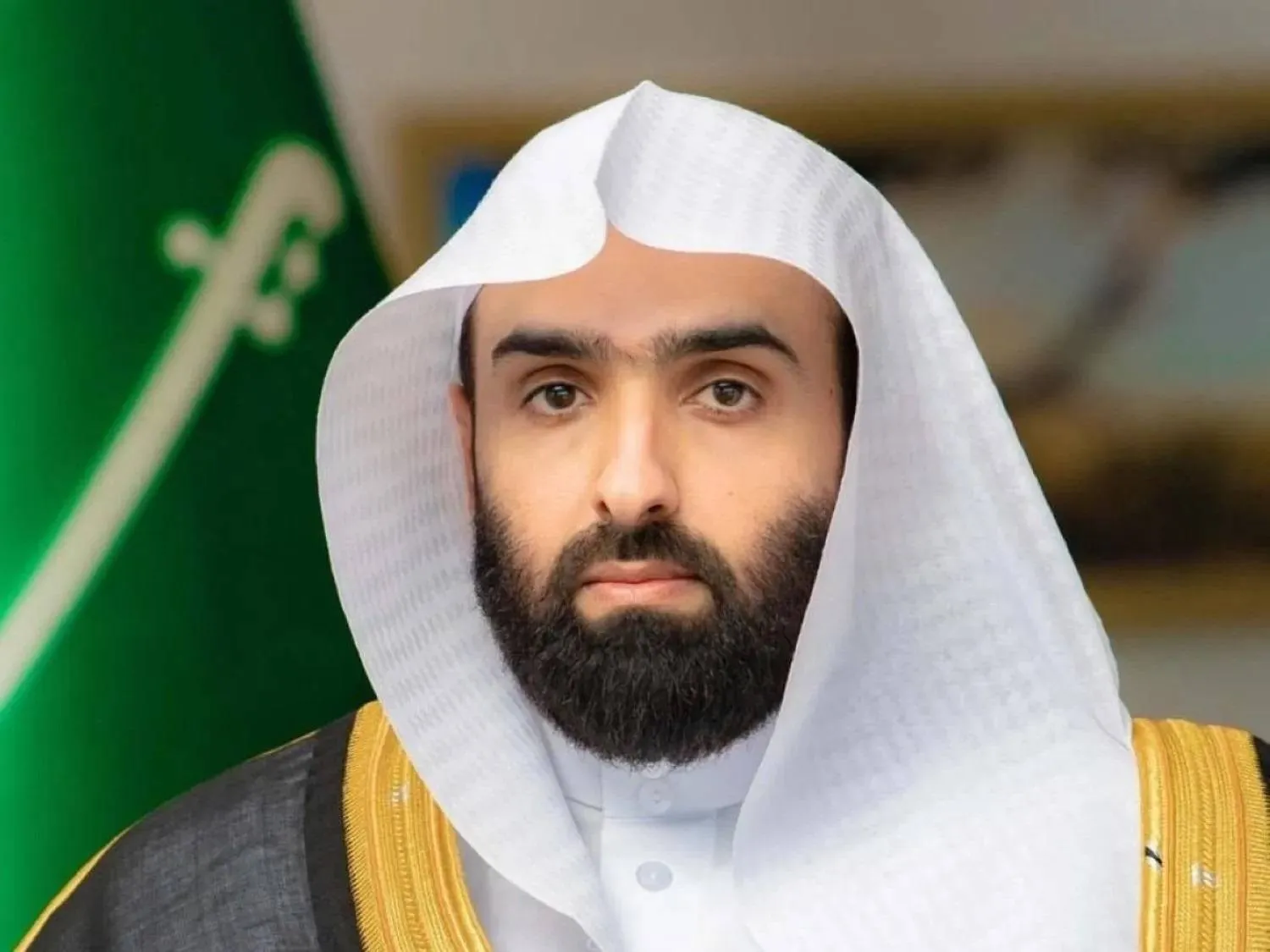The second ministerial meeting of the Anti-Corruption Law Enforcement Agencies in the member states of the Organization of Islamic Cooperation (OIC), hosted in Doha over two days, witnessed the signing of the Makkah Agreement on cooperation among OIC member states in combating corruption by 21 member states.
The large number of signatories on the same day represents a historic milestone, expected to expedite the ratification process and bring the agreement into force. This development underscores the member states’ awareness of the dangers posed by corruption and related crimes, as well as their commitment to strengthening cooperation in addressing these challenges.
In this context, the OIC General Secretariat called on the remaining member states to promptly sign and ratify the Makkah Agreement on anti-corruption cooperation, emphasizing its importance in establishing a framework for collective action against this serious threat.
The agreement aims to enhance collaboration between anti-corruption authorities, ensuring efficient and timely operations. It also advocates for joining the Riyadh Global Initiative (GlobE Network), which provides a legal framework for the direct and swift exchange of information and investigations. This initiative is expected to prevent corruption and limit safe havens for corrupt individuals.
Mazin Al-Kahmous, President of Saudi Arabia’s Oversight and Anti-Corruption Authority (Nazaha), emphasized the Kingdom’s commitment to making anti-corruption a core pillar of its Vision 2030.
Speaking at the second ministerial meeting of anti-corruption law enforcement authorities from the OIC member states, Al-Kahmous highlighted the far-reaching consequences of cross-border corruption on Islamic societies and their development. He underscored that united efforts at the local and international levels are crucial for fostering prosperity and supporting the sustainable development goals of Islamic nations.
Al-Kahmous further recalled Saudi Arabia’s leadership in hosting and presiding over the first ministerial meeting, which led to the adoption of the Makkah Agreement that he described as an ideal framework for enhancing anti-corruption efforts and strengthening international collaboration in this area.
He also welcomed the adoption of a Saudi-proposed resolution encouraging cooperation between OIC member states, the United Nations Development Programme (UNDP), and other relevant organizations to develop methodologies and indicators for measuring corruption.
The first ministerial meeting of anti-corruption law enforcement authorities in OIC member states was convened by Saudi Arabia during its chairmanship of the 14th Islamic Summit. Organized in collaboration with the OIC, the event brought together leaders of anti-corruption law enforcement agencies, international organizations, and a distinguished group of local and global experts.









